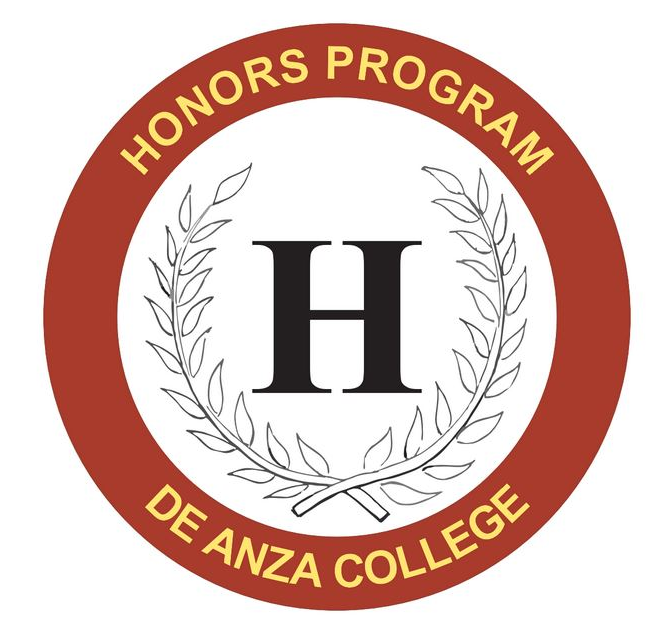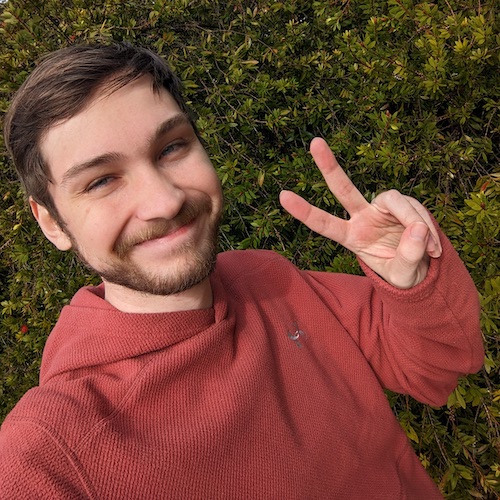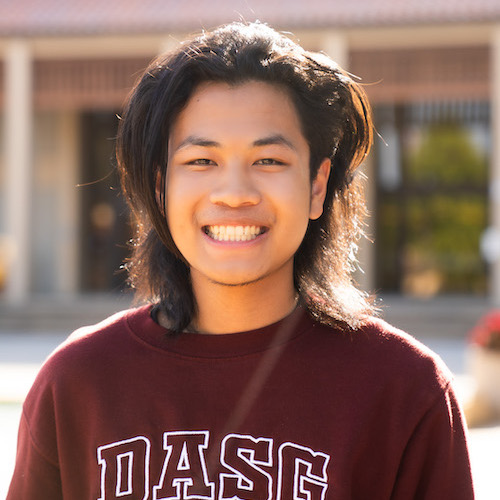Join the Honors Program

If you are interested in joining the Honors Program, then chances are you have a desire to learn and therefore possess a singular tendency to embrace the promise of self-improvement, along with the audacity to ask big questions. (See "What Is Intellectual Curiosity?" below.)
The Honors Program is designed to
- Challenge students to achieve their intellectual and leadership potential through academically rich experiences
- Improve students' critical thinking, writing, and discussion skills
- Help students understand the connections between disciplines
- Encourage campus engagement for students seeking to develop their interests, talents, character and intellectual promise through lived experiences
- Support student awareness of campus and community resources, scholarships, research opportunities and summer enrichment programs
How to Join
Honors Courses
Enroll in an Honors course and study at a university level.
- See our current course offerings
Meet Three Honors Students!
Here are three of our 2024 grads or transfer students, commenting on their experience at De Anza.
-
Maxim
Maxim Medvedev
- Transferred to: Columbia University
- Major: Philosophy
 How did the Honors program support your goals at De Anza?
How did the Honors program support your goals at De Anza?Working on Honors projects for my film, history, and philosophy classes helped me engage more deeply with my personal interests while also building out my academic resume.
What advice would you offer to current students?
Don't be afraid to be the person who keeps their camera on during Zoom classes or stays after to chat with the professor. Building solid relationships with your professors can open up a world of opportunities, both in class and beyond!
-
Silmee
Silmee Sultaan
- Transferred to: UC Berkeley Haas School of Business
- Major: Business; Molecular and Cellular Biology
 How did the Honors program support your goals at De Anza?
How did the Honors program support your goals at De Anza?The Honors program provided me with a plethora of opportunities, from numerous on- and off-campus leadership roles to attending research symposiums and applying for research opportunities, and getting access to the best transfer workshops and resources.
What advice would you offer to current students?
Through the Honors program I not only took courses that challenged me academically, but also allowed me to learn about myself. The program encouraged me to be a learner for life by contributing to the knowledge society at De Anza and beyond!
-
Ted
Ted Naung
- Transferred to: Massachusetts Institute of Technology
- Major: Artificial Intelligence and Decision Making
 How did the Honors program support your goals at De Anza?
How did the Honors program support your goals at De Anza?Thanks to the Honors program, I had a chance to feed my curiosity by enrolling in Honors courses, where I was able to learn beyond the basic course requirements and challenge myself to achieve my intellectual potential.
What advice would you offer to current students?
Try everything: Make full use of the resources college provides you and take on every opportunity to learn and grow beyond your classes!
What Is Intellectual Curiosity?
It simply means demonstrating a joy for learning that moves beyond the basic requirements of a course to better understand subjects that matter the most to you – an inspired act of learning that is fun and authentic to you.
Many universities appreciate this quality in their transfer applicants. For example, among the supplemental essay prompts, Stanford University asks applicants to “[reflect] on an idea or experience that makes you genuinely excited about learning.”
There are many ways to show intellectual curiosity:
- Actively exploring your interests through rigorous scholarship in areas of arts, humanities, math, and sciences
- Working with faculty members and pursuing independent research outside the traditional classroom
- Recognizing crucial challenges facing society and honing your leadership instincts
- Learning to honor life’s mysteries with patience, curiosity, and the promise of self-improvement, as the poet Rainer Maria Rilke once wrote:
Be patient toward all that is unsolved in your heart and try to love the questions themselves ... Do not now seek the answers, which cannot be given because you would not be able to live them. And the point is, to live everything. Live the questions now. Perhaps you will then gradually, without noticing it, live along some distant day into the answer.
Intellectual curiosity, in sum, is a source of motivation that continues after term papers have been submitted, after exams have been taken, and after transfer applications have been filed.
Are you driven to engage in ongoing conversations with the transformative ideas you will invariably discover in college – and then try to live everything?


